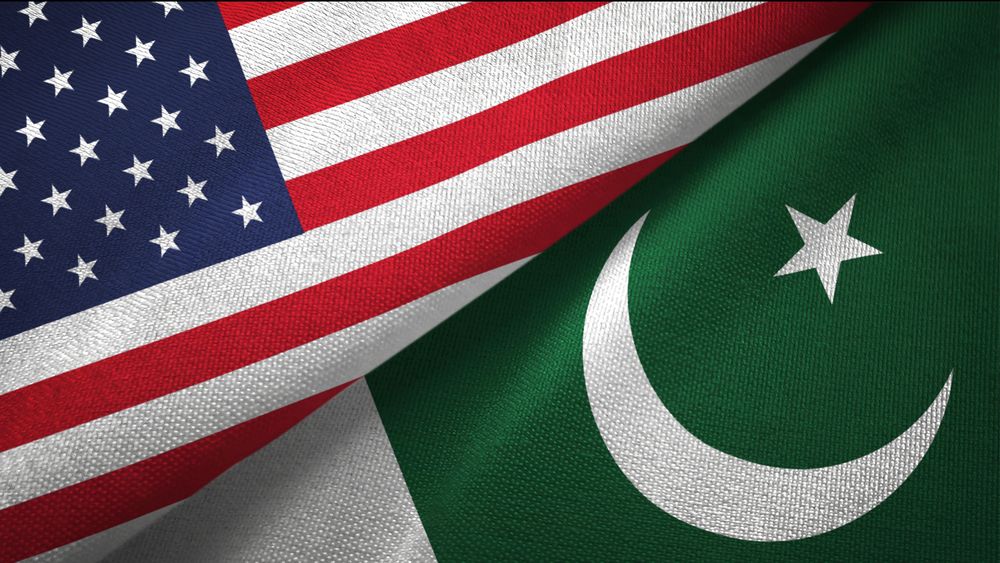
Story
Companies from the United States are looking at business prospects in Pakistan.

The US assured Pakistan's economy of its assistance on Wednesday, despite the country's unrelenting coronavirus problems, and expressed satisfaction with Prime Minister Imran Khan's emphasis on geo-economics.
According to The News, US Charge d' Affaires Angela Aggeler assured Finance Minister Shaukat Tarin of the US government's and people's full support for the government of Pakistan during the ongoing COVID-19 pandemic.
Aggeler praised the Prime Minister's focus on geopolitics.
“Economic growth drives everything else,” a statement quoted her as saying. “A number of US companies are looking for business and economic opportunities in Pakistan.”
According to Tarin, Pakistan and the United States have a long-standing, broad-based, and multi-dimensional partnership.
People-to-people links, economic and business ties, as well as shared interests in fostering peace and stability in the region, have enhanced bilateral relations between the two countries, he said.
“Pakistan is looking forward to further deepen trade and investment ties with the US under the new administration,” he said.
“Coupled with 220 million consumer market, growing middle class and a young vibrant population, Pakistan offers immense opportunities for the US enterprises to invest in sectors such as information technology, agriculture, energy and tourism. Strong bilateral relations would, in turn, facilitate closer economic cooperation between the two countries.”
The finance minister reaffirmed the government's strong commitment to introducing critical structural reforms and ensuring macroeconomic stability in order to provide a better future for Pakistanis.
According to the Overseas Chamber of Commerce and Industry, a majority of US firms are among the largest international businesses operating in Pakistan.
Following a boom in the previous fiscal year, foreign direct investment in Pakistan began to fall as companies and investors played it safe in order to navigate the pandemic's waves.
Pakistan lags well behind the potential of exploring the country's immense human capital, with annual foreign direct investment inflows of less than $3 billion. One half of the country's GDP is made up of foreign direct investment.
